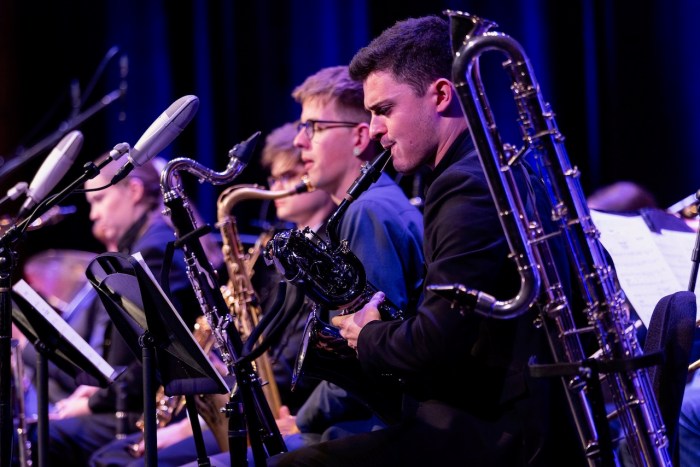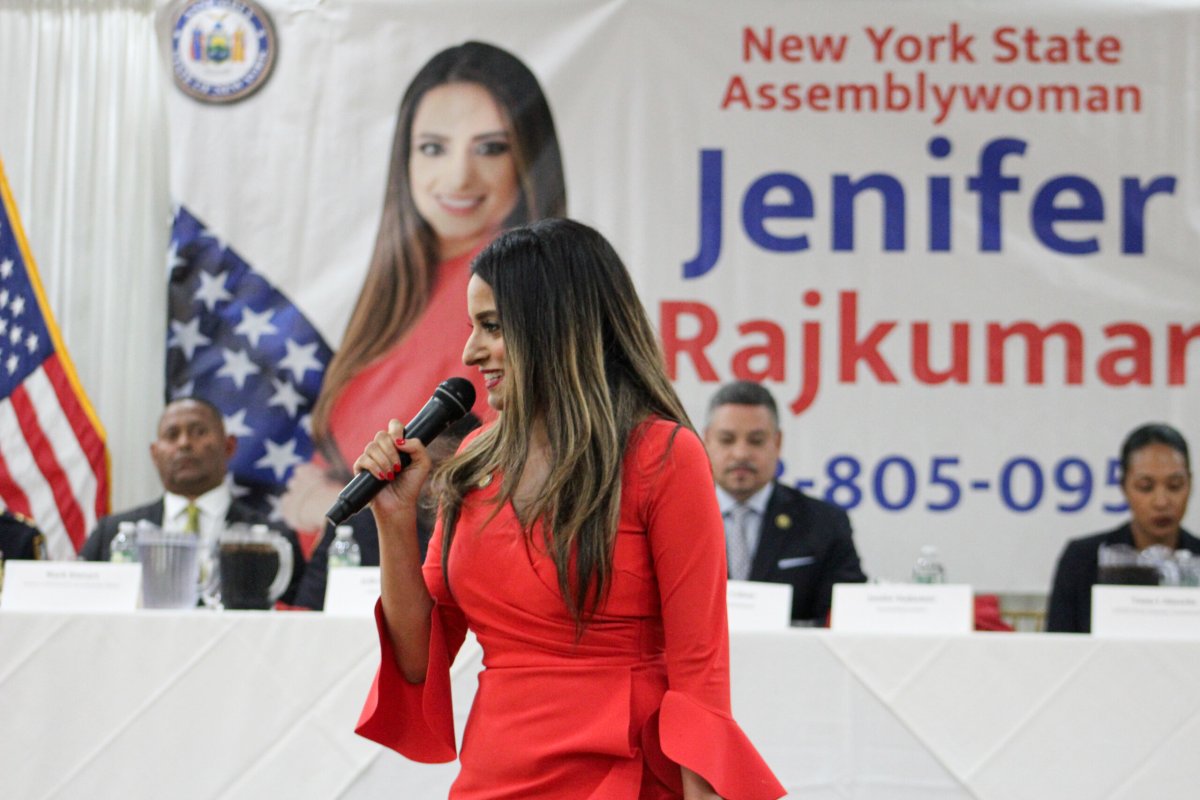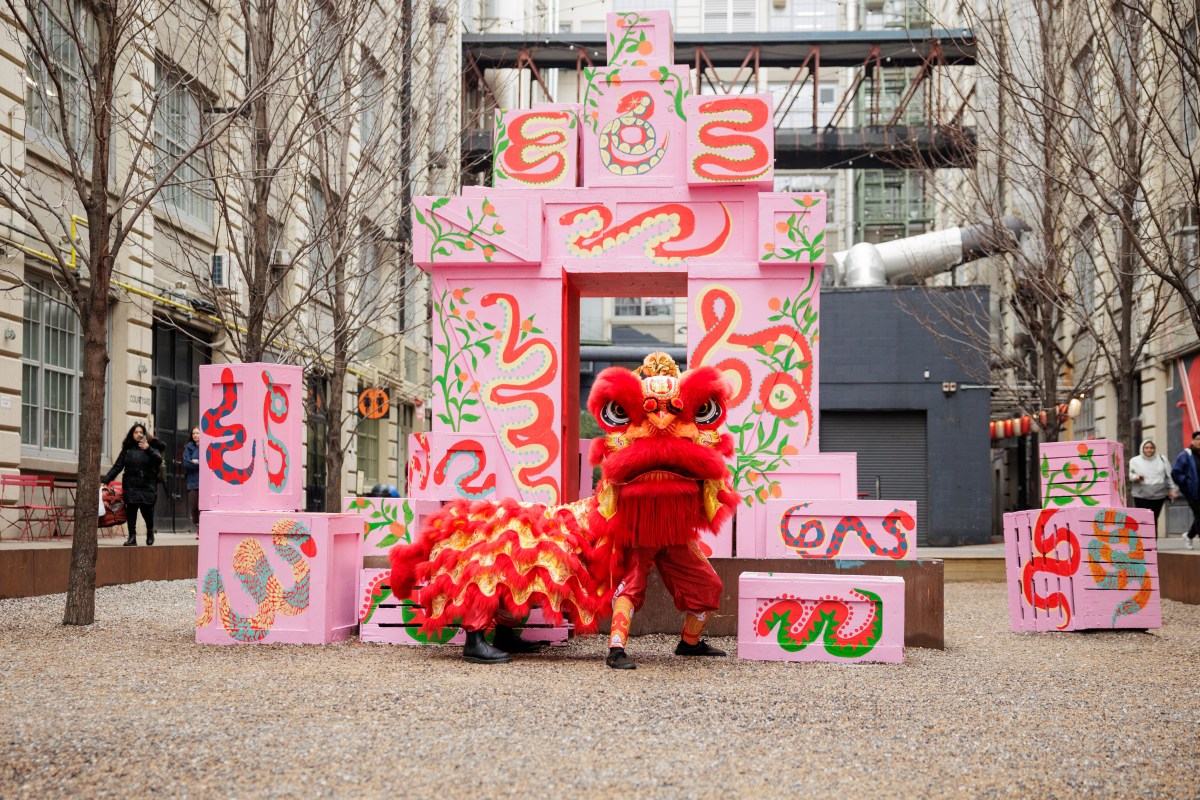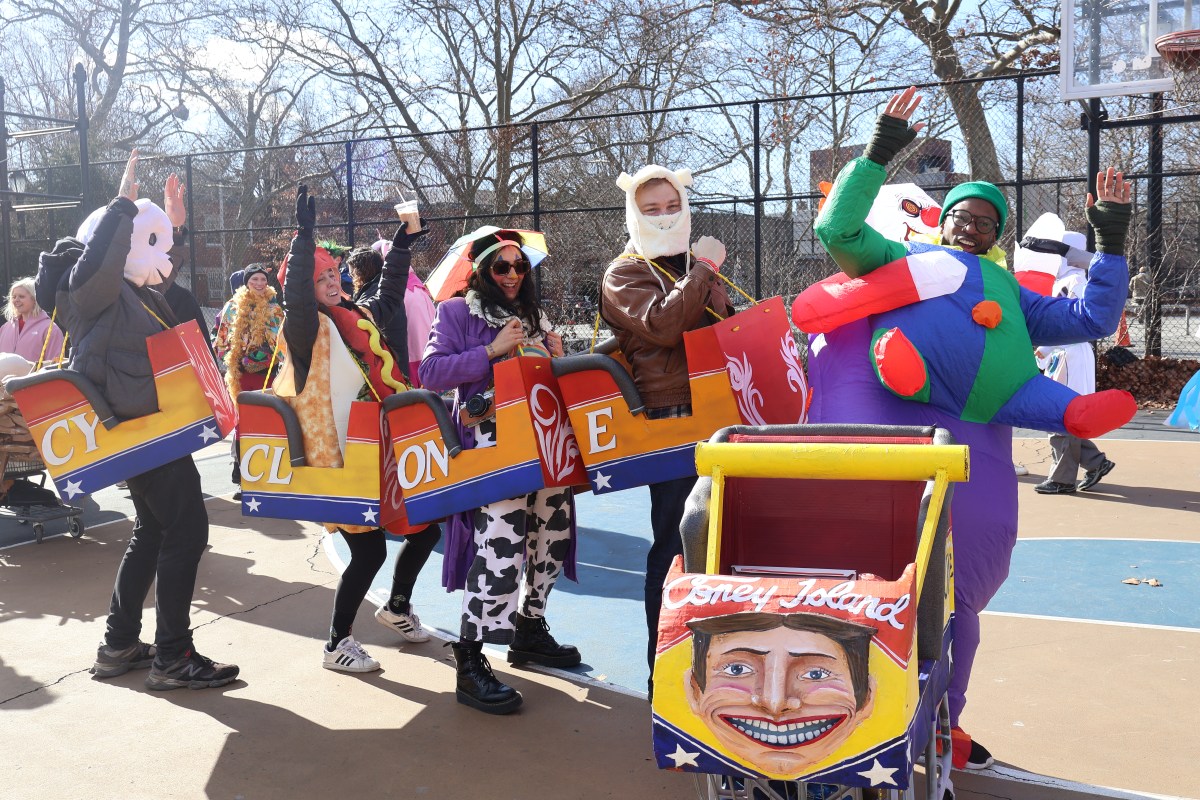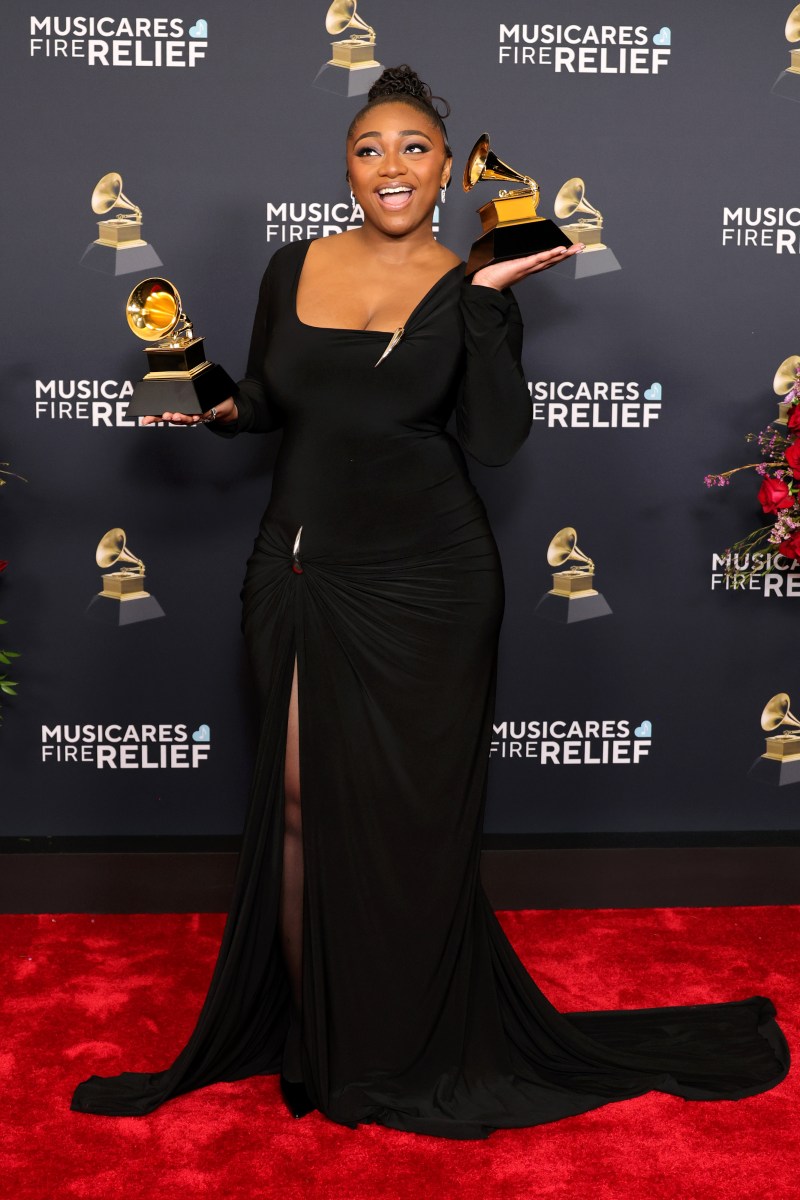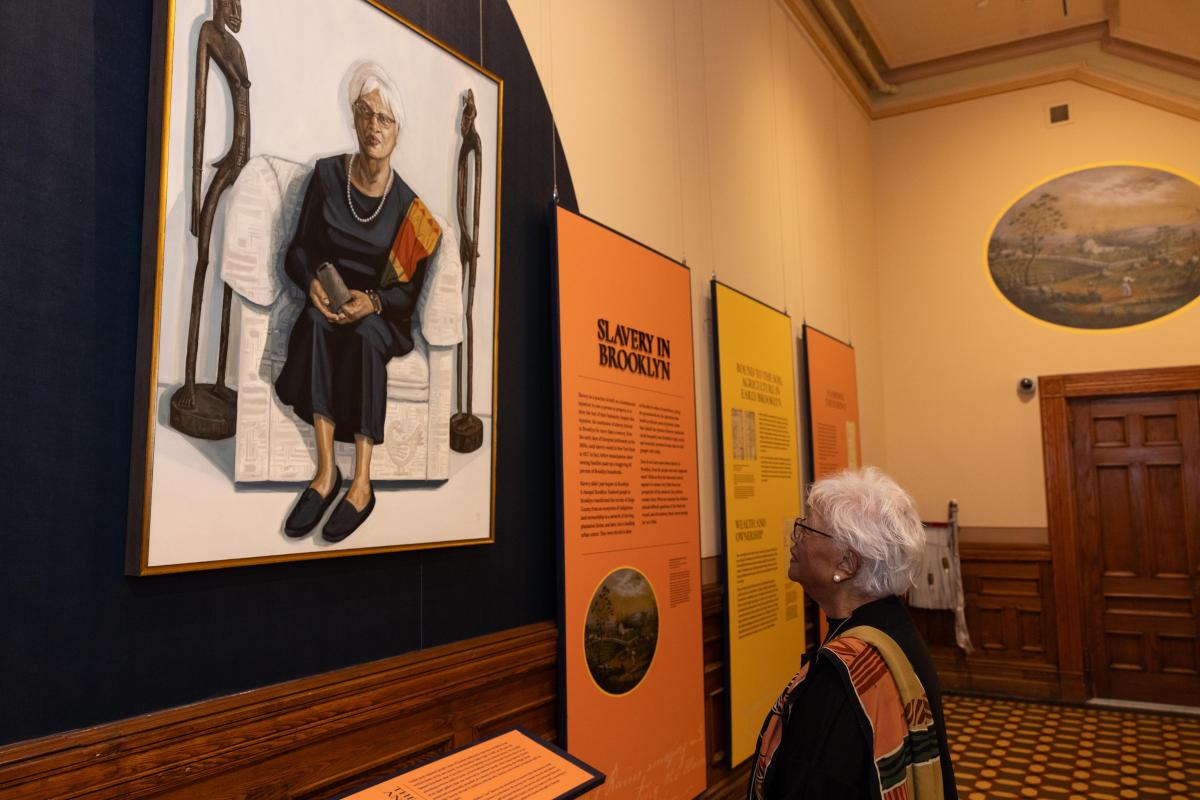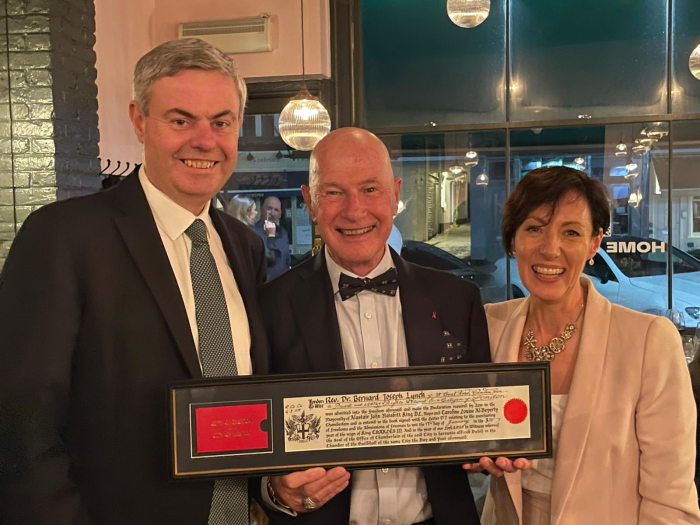The horrific massacre in Charleston, South Carolina, where nine black churchgoers died at the hands of a white supremacist gunman, has been a powerful jolt to America, prompting a renewed focus on racial divisions and the need to confront them.
Many say our nation has failed at dealing honestly with our history of racial oppression and violence, and that the Charleston tragedy should be a wake-up call. Are we on the verge of a shift in the national discourse on race? Perhaps; but for that shift to have a lasting positive effect, there must be an honest and open conversation across the board.
In the aftermath of the crime, we have seen some conservatives downplay the issue of racism. Several Fox News hosts have tried to spin the shooting as “an attack on faith” because it took place in a church, despite overwhelming evidence that the motive was a racial one. Several Republican presidential candidates also tiptoed around the plain fact that Dylann Roof, the 21-year-old charged in the shootings, deliberately targeted blacks out of racist convictions.
Also from the realm of racism evasion is the defense of the Confederate flag which flies at the South Carolina statehouse, though Gov. Nikki Haley Monday called for it to be removed from the Capitol grounds. While many in the South see the flag as a symbol of regional pride and tradition, it is inextricably linked to an ugly part of that tradition that is fundamentally antithetical to American values: the defense of slavery and, later, segregation.
Yet, if “see no racism” attitudes exist in some quarters of the right, many on the left are just as willfully blind to decades of racial progress.
While it’s quite true that the Charleston shooting cannot be seen in isolation from a long and horrific history of white supremacist terrorism against blacks (and, often, whites supportive of black equality), it is also a fact that in 2015, such an act is a shocking aberration. In the past, such terrorism often had widespread popular and tacit institutional support in the South; today, it is universally condemned and viewed with horror. It is worth noting that, according to Roof’s statements, he felt driven to take action partly because of frustration with the lack of Ku Klux Klan and other white supremacist activity in Charleston.
Some anti-racism activists have tried to use the Charleston tragedy as a platform for general denunciations of “whiteness” and questionable charges of racial bias.
Tweets lambasted alleged race-based favoritism toward Roof, such as the fact that he was given a bulletproof vest for a court appearance (the same was done for Long Island Rail Road shooter Colin Ferguson and Washington, D.C., sniper Lee Boyd Malvo, both of whom are black), and that the media published a photo of him as a sweet-looking child (the same was done for Malvo). Even the admiration for the forgiveness shown to Roof by the victims’ families has been treated as denying blacks’ right to anger.
Telling white Americans they are presumed guilty of racism and that they are not allowed to dispute any claim of racism by a person of color — which happens routinely in progressive discourse — is no way to move forward on racial issues. An honest conversation also requires an acknowledgment that far more black lives are taken by crime within the community than by racist violence.
The tragedy in Charleston has prompted some much-needed conversation in conservative ranks about past and present racism in America. But liberals and progressives need to reexamine the blinders that exist in their own discourse on race — unless we want another round of polarized and ultimately fruitless debate.
Cathy Young is a regular contributor to Reason magazine and Real Clear Politics.




